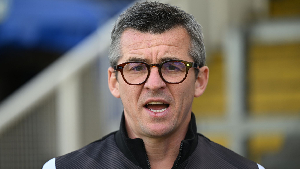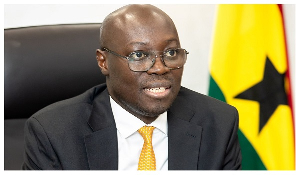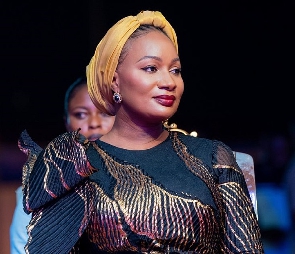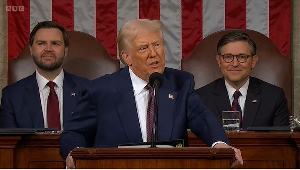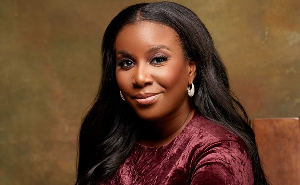Dr Afia Zakiya, Country Director, WaterAid Ghana on Thursday indicated that 85.1 per cent of people in the country do not have access to safe and private toilets as they resort to large household toilet usage.
She explained that out of the 85.1 per cent; 60 per cent of the people are without toilets and shared toilets, while six per cent resort to unimproved toilets with 19 per cent engaging in open defecation, which compromise their dignity.
Dr Zakiya said this during the celebration of the annual World Toilet Day, which also saw WaterAid Ghana organize a mock parliament session for some pupils from public schools in Accra on the theme: “Toilet and Nutrition - We Can’t Wait”.
She intimated that all over the world, it is estimated that more than 2.3 billion people do not have access to a safe and private toilets.
“Out of this, nearly one billion have no choice but to defecate in the open such as in the bushes, fields or by the road side,” she said.
She noted that swift progress was possible if Government would prioritise and increase investment in improving Water, Sanitation and Hygiene (WASH) services in the country.
Dr Zakiya intimated that everyone had the right to a safe and private place of convenience, and to live a healthy and productive life without the threat of illness from poor sanitation and hygiene.
She urged world leaders to fund, implement and account for progress towards the new United Nations Global Goals on Sustainable Development of which Goal six talked about water, sanitation and hygiene for all.
She urged world leaders to direct aid to countries and people who most need it, and also mobilise domestic revenue to make water, sanitation and hygiene a priority.
During the mock parliament session, Rukaya Mohammed, a pupil from Kotobabi JHS, extolled the importance of hygiene and sanitation to the lives of pupils.
She noted that the world should accept the fact that hygiene and sanitation were part of the rights that each child was entitled to and not a privilege.
She called for more funding for WASH activities and infrastructural development as they concerned our health and well-being.
Gifty Tackie from Kaneshie North One JHS, who spoke on Water, cited irregular water supply, no source of water, the provision of salty water, high cost of water for consumption and for the cleaning of their toilets and urinals as some of the challenges faced by school pupils in the country.
She said these challenges sometimes made it difficult for girls in their menstrual period to attend school as they might not be able to get water to clean up or wash their hands properly after changing their sanitary towels.
“We also face challenges whereby the water facilities in our toilets do not flow thereby making it impossible for us to flush our toilets after vising the loo,” she added.
Jeremiah Plange, a pupil from Mamprobi Ebenezer 4 JHS, who spoke on Sanitation called on pupils to cultivate the habit of not wasting water or playing with water taps in their schools, as they might spoil them thereby preventing them from having access to water.
He called for the repairs of all non-functioning water pipes, toilets and urinals in schools and at public places to prevent people from defecating and urinating at unapproved places.
Daniel Mensah from Kotobabi 7 JHS, who spoke on Hygiene, called on his fellow pupils to constantly wash their hands with soap and running water after visiting the toilet both at home and at school.
He cited inadequate dustbins, small quantity of water for hand washing, unwashed bowls for serving food for pupils as some of the issues which caused pupils to contract diseases.
Awards were presented to teachers and schools which worked to ensure the success of the programme.
Regional News of Friday, 20 November 2015
Source: GNA






